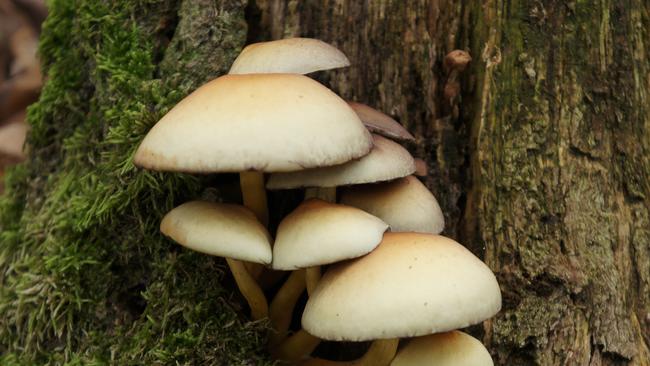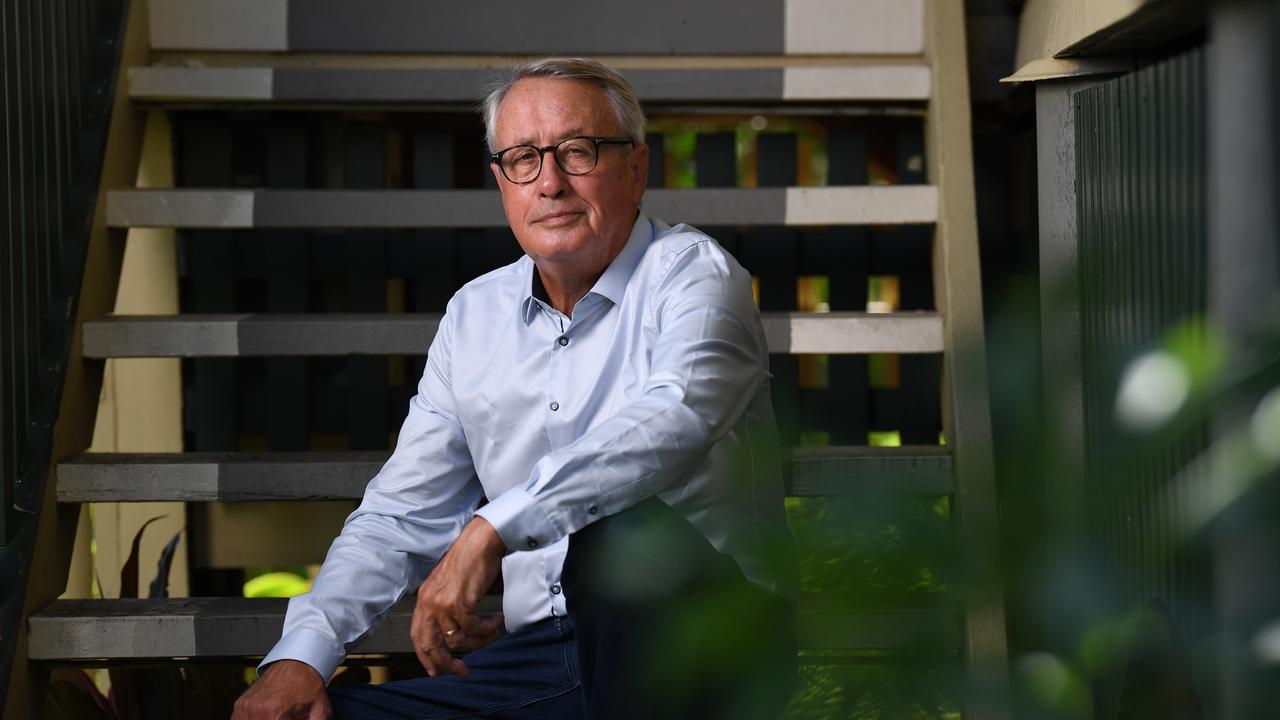
The mere mention of magic mushrooms, ecstasy or ketamine is enough to send parents of teenagers into conniptions. But are these so-called party drugs poised to follow cannabis into the realm of a medical treatment within a legitimate listed sector?
As a likely precursor to more local action in the (mind) expanding field, cannabis play Creso Pharma this month said it would acquire the privately owned Nova Scotia-based Halucenex Life Sciences.
Capitalising on the 21 per cent share bounce after the deal was unveiled on March 15, Creso has embarked on a capital raising.
As its name implies, Halucenex is delving into hallucinogens as a therapy for mental health conditions such as hard-to-treat depression and post traumatic stress disorder (PTSD).
Initially Halucenex is focused on psilocybin — aka magic mushrooms — having procured a stash of the synthetic variety to undertake a clinical trial when it obtains the regulatory clearance to do so.
Worth an initial $7m or so, Creso’s mainly scrip purchase means the company becomes the first ASX exposure to hallucinogens, although it remains predominantly a cannabis company.
In the US and Canada already there are several large listed pure-play psychedelic stocks. As with cannabis five years ago or so, the regulatory landscape is messy although pockets of liberalisation are emerging.
According to advocates of medicinal usage, psychedelic-assisted psychotherapy has been around for thousands of years. In the 1970s, MDMA (ecstasy) was reputedly used in 1970s counselling sessions to bring the loving feeling back into relationships.
The trouble is, hallucinogens became synonymous with the counterculture of the late 1960s as exemplified by Timothy Leary’s “turn on, tune in, drop out” exuberant advocacy of LSD. The reputation of MDMA (“molly”) became tainted by the 1990s party scene and medical research efforts went cold until 2017, when the US Food and Drug Administration (FDA) granted “breakthrough therapy” status for the use of MDMA to treat PTSD.
The agency has also accorded the same status to psilocybin for treatment-resistant depression and major depressive disorder. In essence, the therapies can be used ahead of approval in strictly controlled conditions.
A legal veterinary anaesthetic and an illicit party drug, ketamine has been approved by the FDA as a modified nasal spray for treatment-resistant depression, administrable only in the clinic.
Exploiting a grey area of the law relating to off-label usage, hundreds of “wellness centres” have sprung up in the US offering ketamine infusion sessions for up to $US1000 a pop. Locally, hallucinogenic medicines have enjoyed the lively advocacy of Mind Medicines Australia, a not-for-profit body run by former investment banker Peter Hunt and his opera singer wife Tania de Jong.
So far, the Therapeutic Goods Administration has not been singing the same tune. In an interim decision last month, the agency opted not to down-schedule psilocybin and MMDA from a schedule nine (prohibited) substance to schedule eight (controlled).
A final ruling is due on April 22, but don’t hold your breath for an about-face.
Meanwhile, North American investors aren’t waiting for the regulators’ full-hearted endorsement and are tripping into the listed psychedelic exposures.
Listed on Canada’s NEO Exchange, MindMed is carrying out three clinical trials for anxiety, opioid withdrawal and adult attention deficit disorder. The latter uses a non-trippy version of LSD, which is not quite what the doctor — Dr Leary — ordered in the hippy era.
The $250m market cap stock has the backing of businessman Kevin O’Leary — as seen on the US version of Shark Tank — and pot stock pioneer (and Creso Pharma adviser) Bruce Linton.
The Vancouver-based, TSX-listed Numinus Wellness is running psilocybin and MDMA trials and is the only party granted a licence by Canada Health to procure “naturally sourced sustainable psilocybin”.
Listed on an over-the-counter market, 20/20 Global proclaims its “evidence-based research”, but also has a subsidiary that runs global “psychedelic retreats”.
The mind boggles.
Tim Boreham edits The New Criterion.
Tim.boreham@independentresearch.com.au



